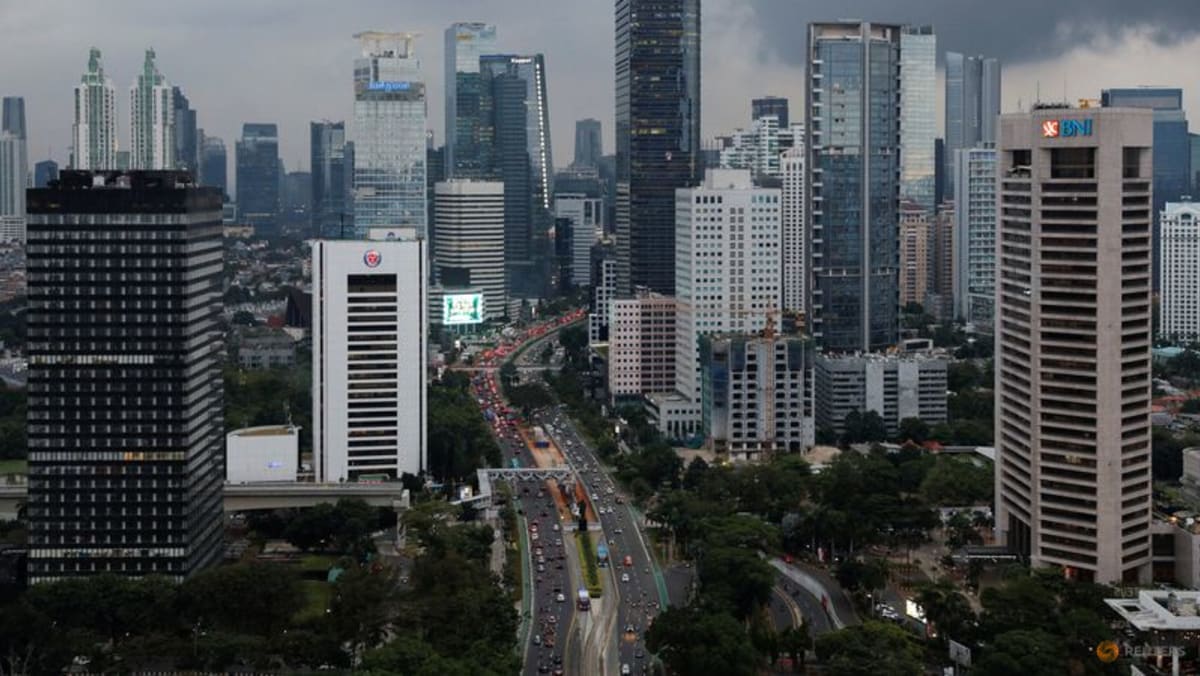Major leading sectors driving the economy last year included manufacturing, trade, agriculture and mining, while sectors that saw the highest growth were transportation, warehousing as well as food and beverages.
The sectors grew between 14 per cent and 17 per cent year on year largely due to the loosening of movement restrictions imposed due to the COVID-19 pandemic.
The curbs were partially lifted in the second quarter of 2022 and they were completely lifted by the end of the year.
Jakarta-based economist Bhima Yudhistira said that last year’s growth seems high due to a low base effect, as a result of the pandemic followed by more active economic activities as the movement restrictions were lifted.
“If we compare the situation to 2021, there were still restrictions. Then in 2022 things were looser, so there was an increase (of activity) in the transportation, hotel, and restaurant sectors and this can be said to be the return to pre-pandemic life,” said the economist from the Center of Economic and Law Studies (CELIOS).
He also attributed the Russia-Ukraine war, which started in Feb 2022, as having a positive impact on the Indonesian economy because of the commodity boom due to higher demands for the country’s commodities.
In terms of geographical location, the island of Java is the main contributor to growth in Indonesia accounting for 56.48 per cent followed by Sumatra at 22.04 per cent.
Eastern provinces such as those in Maluku and Papua record the lowest contribution at 2.5 per cent but mark the highest growth at 8.65 per cent. Java’s growth is 5.31 per cent while Sumatra’s is 4.69 per cent.
Mr Yudhistira noted that the eastern provinces could continue to grow and make bigger contributions in 2023.
“But they need to diversify such as (by going into) manufacturing and digital sectors,” he told CNA. Non-Java regions are primarily reliant on commodities and tourism as their main economic activities.
The economist, however, predicted that this year Indonesia is likely to undergo slower economic growth due to global situations which could see higher inflation and interest rates.
Indonesia’s central bank has projected the country’s economy to grow between 4.5 per cent to 5.3 per cent this year.
